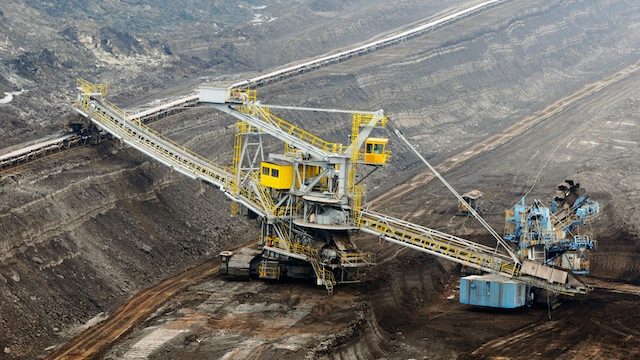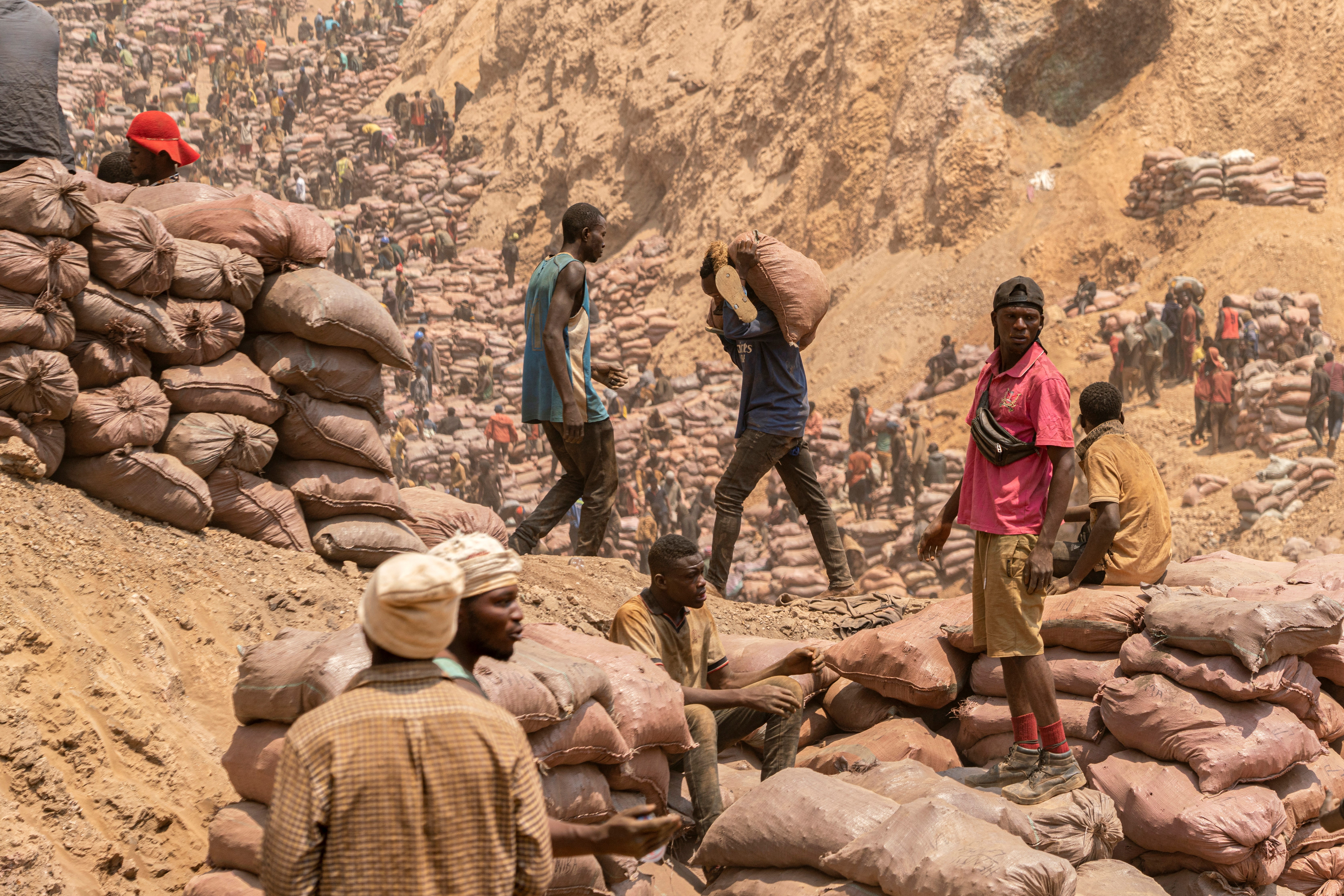

While the impact of the sanctions is up for debate, vast sums of money have been swept out from Russia, including up to $400bn in assets belonging to the country’s central bank, alongside $30bn in losses for Russian banks in the first two weeks of the war. Russia’s invasion of Ukraine triggered a swift response from Western countries with strict economic sanctions imposed that have hamstrung many of Russia’s resource industries. We have resource guides for researchers across the globe on all forms of trafficking for various stakeholders.Sanctions against Russia have had a mixed effect overall, but severely disrupted metals markets. Have you recently published a useful resource? Don’t see a resource that you know exists? Share it with us and we’ll add it to the database! Submit Need a Guide? We depend on the anti-trafficking community to keep our resource hub up to date. Injuries are common, and for those who are hurt or become sick, the lack of medical care means “the majority will die due to various untreated illnesses,” he said. Using tools like hammers, chisels, and spades, their working conditions are like that of slavery, he said. “They work seven days a week and more than 12 hours a day,” he said. He described an incident in which “two persons identified as Chinese citizen … instructed two Congolese military officers to whip two Congolese who were found on their site.” The whipping, which was captured on video and shared on the internet, demonstrates the cooperation between Chinese companies and DCR government officials, he said.įather Rigobert Minani Bihuzo, a Catholic priest who has worked to expose child labor and human rights violations in the DRC’s mining sector, testified to the dangerous working condition at the mines. The vast majority of this ore, however, is trafficked through Chinese intermediaries,” Kyungu said.Ĭhinese representatives are not passive investors, but are on site, overseeing the operations, he said. “Officially artisanal mines are supposed to be owned by Congolese citizens working in ‘cooperatives.’ In reality, they are selling the product extracted from these to the Chinese and other foreigners such as Pakistanis or Indians. Chinese companies are the actual owners and operators of the mines, responsible for the inhumane conditions. He explained that Congolese artisan miners often own the mines in name only.

Some children as young as eight work in the mine under dangerous conditions. Men ascend from a pit in a cobalt mine where about 4,000 artisan miners dig on Decemin Ruashi mine about 20 kilometers outside Lubumbashi, Congo, DRC. The Council on Foreign Relations attributes the inhumane working conditions, in part, to the instability of the DRC, “a country weakened by violent ethnic conflict, Ebola, and high levels of corruption.”Ĭongolese civil rights attorney Hervé Diakiese Kyungu testified at the hearing that children are trafficked and exploited because of their small size. For years, these small-scale operations have been notorious for human rights violations. The Democratic Republic of Congo (DRC) produces more than 70% of the world’s cobalt, 15% to 30% of which is produced in artisanal mines. “The Chinese Communist Party’s quest for cobalt for batteries and lithium for solar panels to power the so-called Green Economy motivates human rapacity as an estimated 40,000 children in Congo toil in non-regulated artisanal mines under hazardous conditions,” Smith said. The hearing was entitled “Child Labor and Human Rights Violations in the Mining Industry of the Democratic Republic of Congo.” Christopher Smith, R-New Jersey, who chaired the Tom Lantos Human Rights Commission hearing July 14.

“On the backs of trafficked workers and child laborers, China exploits the vast cobalt resources of the DRC to fuel its economy and global agenda,” said Rep. | Screenshot from YouTube videoĬhina is exploiting children in the Democratic Republic of Congo, forcing them to work under hazardous conditions to mine the cobalt that powers electronic devices and electric cars, witnesses at a congressional hearing on human rights violations testified this week. on the use of child labor in China-backed cobalt mines in the Democratic Republic of Congo. Congolese civil rights attorney Hervé Diakiese Kyungu testifying on July 14, 2022, at a congressional hearing in Washington, D.C.


 0 kommentar(er)
0 kommentar(er)
